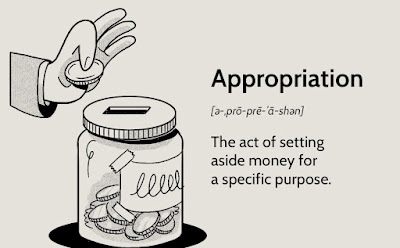VP's Speech and Debate Defense
As the Vice President is not a member of Congress, one might think that the Speech and Debate Clause would not apply to the Vice President. However, in a landmark case, United States v. Johnson, the U.S. Supreme Court ruled that the Speech and Debate Clause also applies to the Vice President. This means that the Vice President, like members of Congress, is protected from prosecution for any speech or debate made in the course of their official duties.
The Speech and Debate Clause can serve as a valuable defense for a Vice President in a number of scenarios. For example, if the Vice President makes controversial remarks while representing the United States in an official capacity, they could be protected by the Speech and Debate Clause. The clause could also protect the Vice President from being sued for libel or slander if they make false or defamatory statements in the course of their official duties.
In addition to providing legal protection, the Speech and Debate Clause also has broader implications for the democratic process. By allowing Vice Presidents to freely participate in their official duties without fear of retribution, the clause helps to ensure that the executive branch is held accountable to the American people. This, in turn, helps to promote transparency and integrity in government.
In conclusion, the Speech and Debate Clause is a critical provision in the United States Constitution that provides protection for Vice Presidents in the course of their official duties. Whether speaking on behalf of the United States or participating in other legislative activities, the Vice President can use the clause as a defense against prosecution or lawsuits. By promoting transparency and accountability in government, the Speech and Debate Clause is essential to the democratic process and the functioning of our country.




Comments
Post a Comment